Looking back on seminar “Managing Commodities Effectively”
KPMG, Rabobank and KYOS combined their forces and organized the seminar “Managing commodities effectively – today and tomorrow”. About 70 people attended this seminar Wednesday 28 June 2017, held at the head offices of Rabobank in Utrecht. The lively seminar attracted professionals from diverse companies. The common denominator: they are all exposed to commodity price fluctuations. The audience appreciated the integrated approach on how to manage commodities by looking at it from different angles.
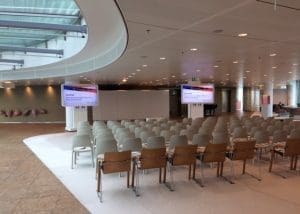
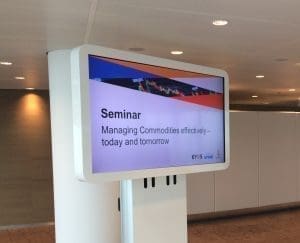
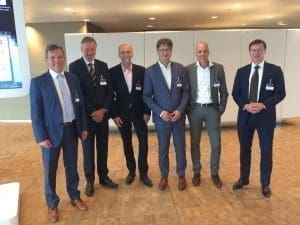
Speakers from left to right:
Frits de Groot, VNO-NCW, Marcel Baartman, Clingendael Institute, Jaap Borst, Tata Steel, Frans Cleton, KPMG, Richard Cornielje, KYOS, Arjan Veerhoek, Rabobank. Not on the picture: Han Tetteroo, Bavaria.
Clicking below on the names of the speakers or on the highlighted text will lead you to the full presentations.
Summary of the presentations
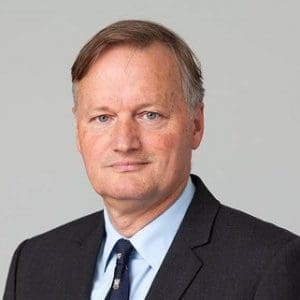
Marcel Baartman – Clingendael
Marcel Baartman from Institute Clingendael started off with his views on ‘Geopolitics and the impact on commodity markets“. Funnily enough, recent developments in the world have more impact on the prices of commodities than we might realize. The trend is that these geopolitical tensions will increase in the coming years whereby commodity prices will become more volatile. He further explained that there is a strong correlation between geopolitical developments and economic developments. Low economic growth leads to more geopolitical tension, while higher geopolitical tension leads to lower economic growth.
 Jaap Borst – Tata Steel
Jaap Borst – Tata Steel
Secondly Jaap Borst showed how Tata Steel is managing commodity risks such as iron ore and coking coal. He emphasized that it is necessary to have a good view on the overall company’s exposure, in order to have a clear view which part you need to hedge. Important advice is to get buy-in from all stakeholders; inform everybody from an early stage is key to get all approvals in time, especially if different departments and countries are involved.
 Arjan Veerhoek – Rabobank
Arjan Veerhoek – Rabobank
Arjan Veerhoek explained the offering of Rabobank and how they can help in covering your commodity risk with financial products such as hedging with financial swaps and options. He described how a swap, e.g. in butter works and also showed some examples of how to manage price risks in the construction industry. The idea is to use price risk mitigation to achieve stable cash flows and to safeguard the gross profit margin of tender projects. He furthermore advocates for an optimal interaction through the risk management chain. Align sales, treasury and procurement in order to improve the effectiveness of your hedging policy
 Han Tetteroo – Bavaria
Han Tetteroo – Bavaria
Bavaria’s risk management views were unfolded by Han Tetteroo. Bavaria has a wide exposure of risks arising from the need for energy, raw materials and packaging materials like glass and cans. They use a combination of physical and financial hedging to secure their profits. He emphasized that although technical analyses and systems are important, you should not ignore your gut feeling. In his own words: “Risks will always remain – if you win you will be happy and if you lose you will be wise”. Wise words indeed!
 Frans Cleton – KPMG
Frans Cleton – KPMG
Frans Cleton from management consultants KPMG made clear that you need to safeguard your cashflow by hedging. It is important to take into account the probability that you cannot meet your cashflow requirements. He advocates that the governance of your risk function should take into account the need of the involvement of various functions in defining your hedging strategy. In other words, use your brain, but be careful with biases during the decision process…
 Richard Cornielje – KYOS
Richard Cornielje – KYOS
As organizing company Richard Cornielje from KYOS presented its specialized Commodity Risk Management software suited for various clients. The Portfolio & Risk Management system brings together all volumes related to budgets, procurement and sales contracts (physical and financial). It gives a clear picture of the companies underlying exposure to commodities. The volumes are combined with sophisticated commodity price analytics and the hedging strategy per commodity. Such a unique system will boost internal transparency as it translates your risks into understandable Euro values. The Dutch based company KYOS has been active in this market for more than 10 years.
Panel discussion
 Frits de Groot – VNO-NCW
Frits de Groot – VNO-NCW
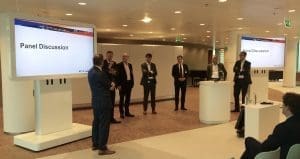 Frits de Groot from Dutch employer’s organiztion VNO-NCW led the panel discussion. He summarized the key takeaways from the speakers and asked them to clarify some points. Then the audience was invited to ask questions which led to some interesting discussions.
Frits de Groot from Dutch employer’s organiztion VNO-NCW led the panel discussion. He summarized the key takeaways from the speakers and asked them to clarify some points. Then the audience was invited to ask questions which led to some interesting discussions.
Feedback from the attendees was that they gained useful insights into the various aspects of managing commodity risks. In the next weeks, KYOS, KPMG and Rabobank are sure to follow up with more individual sessions!
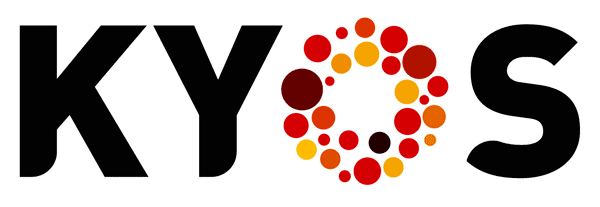

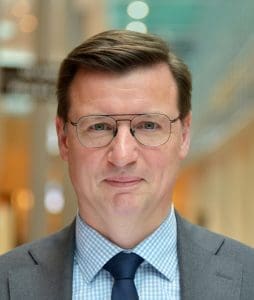
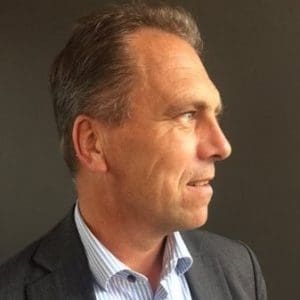

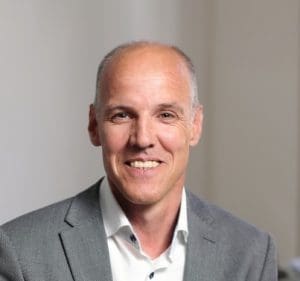
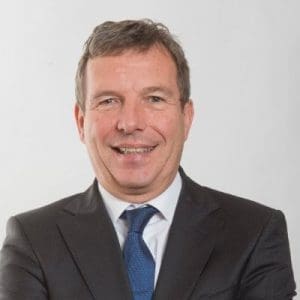 Frits de Groot – VNO-NCW
Frits de Groot – VNO-NCW